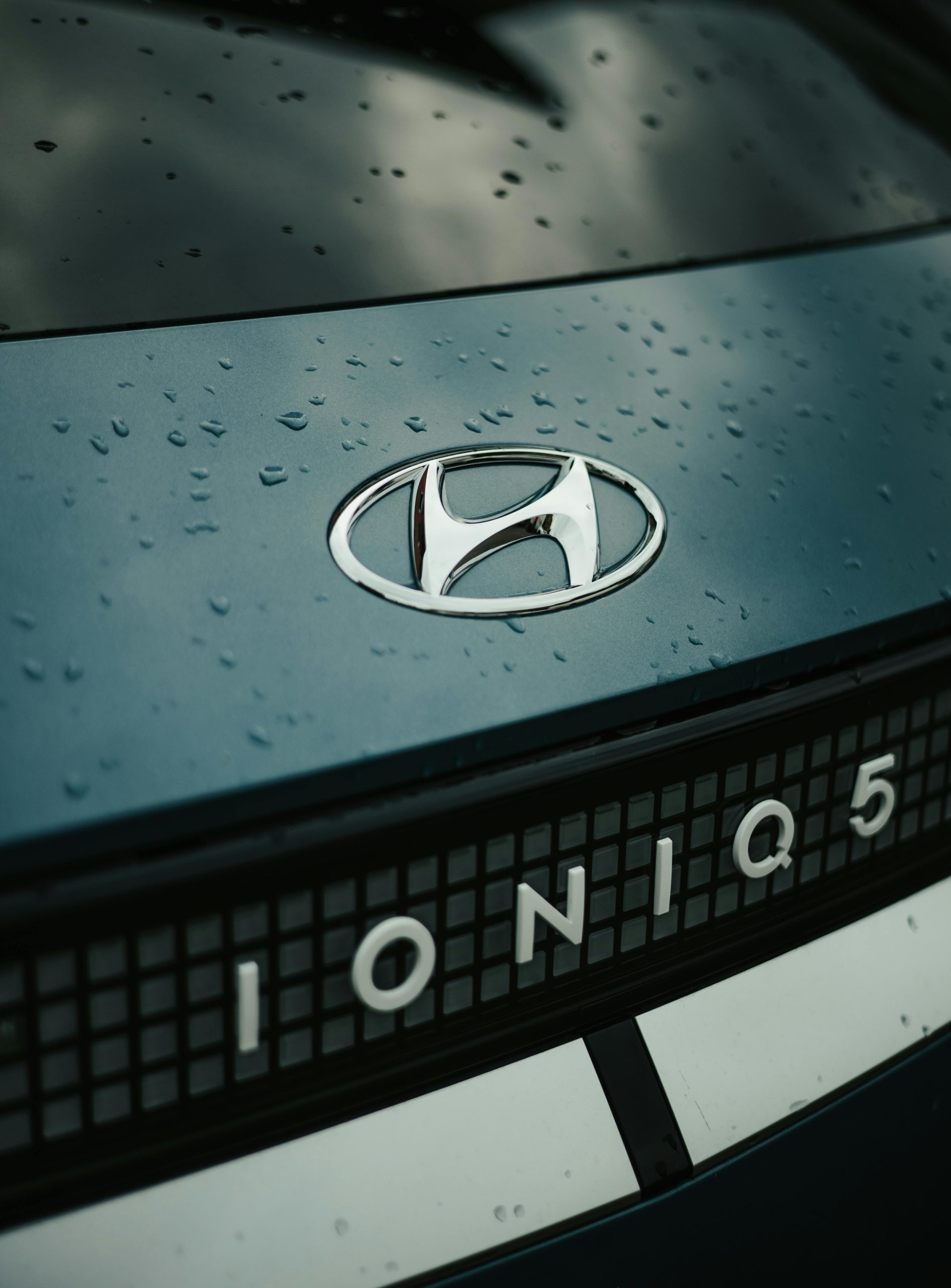Legal and Repair Challenges Following a Rear-End Accident: Navigating Post-Repair Car Issues
Experiencing a rear-end collision can be stressful enough, but what happens when your vehicle encounters new problems after repairs are completed? Recently, a driver shared their ordeal of dealing with unresolved issues after an accident, highlighting important lessons for vehicle owners involved in such incidents.
The Incident and Initial Repair Process
A few weeks ago, the individual was rear-ended by another driver. The at-fault party’s insurance accepted liability, and the vehicle was promptly sent to an approved repair facility. The repairs focused primarily on the rear bumper and backup camera, which were the only reported damages. Prior to the accident, the car operated flawlessly, and diagnostic tests confirmed its good condition.
Unexpected Post-Repair Problems
After the repair shop finally notified the owner that the vehicle was ready for pickup, an unexpected problem arose. Upon retrieving the car, it was discovered that the vehicle would no longer start. The repair shop attributed this to an electrical wiring failure but declined responsibility, insisting that the issue was unrelated to their work. They advised the owner to arrange for towing and repairs at their own expense.
Insurance and Liability Concerns
The owner contacted the at-fault driver’s insurance company for resolution. However, the insurer denied any further responsibility, effectively leaving the owner to deal with the sudden electrical problem and associated costs. This turn of events has raised questions about accountability, especially when the vehicle was in the shop for repairs directly linked to an accident caused by someone else.
Seeking Solutions and Next Steps
If you find yourself in a similar situation—post-accident repair complications where liability is disputed—consider the following options:
-
Document Everything: Maintain detailed records of all communications, repair estimates, diagnostic reports, and photographs of your vehicle before and after repairs.
-
Consult a Certified Auto Expert: Have an independent mechanic assess the electrical issue to determine if it’s related to the previous damage or repairs.
-
Review Insurance Policies: Clarify what coverage is available for post-repair damages and towing costs, and consider consulting a legal professional for advice on pursuing compensation.
-
Explore Consumer Rights and Legal Options: If the repair shop or insurer refuses responsibility, you might have grounds for legal action or complaints with consumer protection agencies.
Final Thoughts
Dealing with unexpected vehicle issues after an accident can be both frustrating and costly. It underscores the importance of understanding your rights, thoroughly inspecting repairs, and being proactive in addressing



